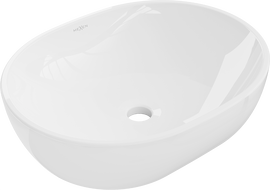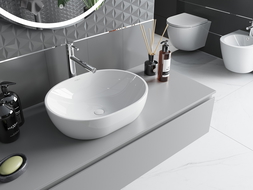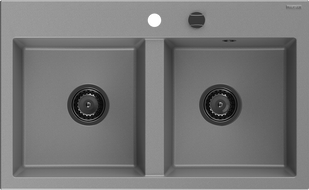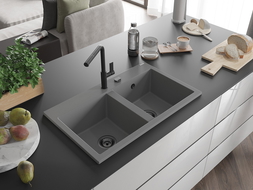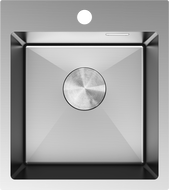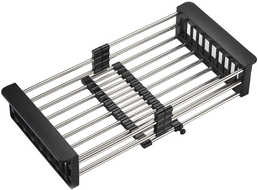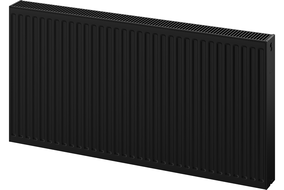
The kitchen is associated with beautiful scents, freshly brewed coffee, home-baked cake, or Sunday lunch. However, sometimes unfortunately, an unpleasant smell comes from the sink. Why? Where does this unpleasant smell come from? There can be several reasons, most of which can fortunately be removed by using simple home methods. First of all, it is necessary to take care of the proper drainage of the pipes and the cleanliness of the sink.
Where Does the Unpleasant Odor from the Sink Come From?
The simplest answer to the question of the unpleasant smell from the sink is simply a clogged drain. The food remnants found in it spoil, and while fermenting, they release this unpleasant smell. You can easily deal with such a problem by simply cleaning the siphon. A little more effort will be required when there is a blockage in further sections of the sewage pipe; here, it won't be enough to just clean the sink drain, and sometimes it will be necessary to call a professional.
It may also happen that the cause of the unpleasant smell coming from the sink drain is due to a lack of water in the sewer system. If this is the result of cutting off the water supply to the house before a longer trip, it is enough to restart it and thoroughly flush the drain. If the lack of water results from a major failure, unfortunately, you will have to wait until the water services resolve the issue. An unpleasant smell can also occur in winter when the air from the pipes "bounces back" and returns through the drain to the apartment; there's nothing you can do about it, but fortunately, it happens very rarely. The easiest solution in this case is simply to block the drain with a stopper.
Unpleasant Odor, How to Prevent It?
Daily washing, preparing food, and even washing hands cause not only water but also detergents, food remnants, and just dirt to enter the sink drain. If you do not take care of cleaning the sink regularly, it may happen that unpleasant smells begin to emanate from it. The residue that accumulates on the walls of the siphon not only becomes a breeding ground for decomposing bacteria but also gradually reduces the light of the drain, causing it to clog.
Therefore, to avoid unpleasant odors, you should primarily ensure that large food remnants do not make it into the sink. In other words, try to remove as much food residue from your plate or pot as possible before placing it in the sink basin. The second equally important thing is to equip the sink with a strainer placed in the sink hole. Its task is to catch larger pieces of food that fall into the sink.
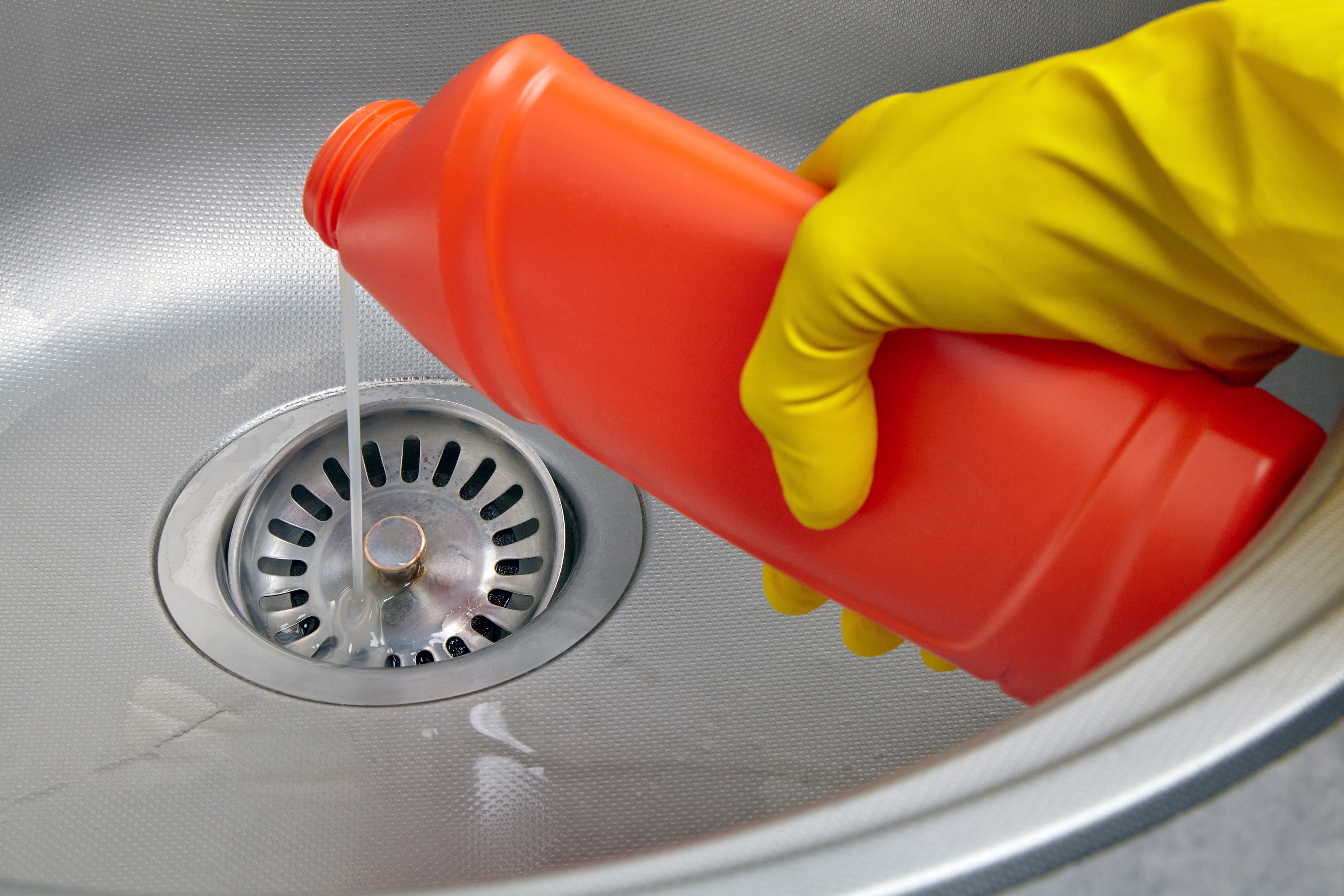
Unfortunately, the Unpleasant Odor from the Sink Has Already Appeared
Even though you take care of the cleanliness of the sink and ensure that nothing that could clog the drain gets into it, an unpleasant smell has appeared. What now? You do not have to immediately call a plumber; first, try to solve the problem on your own. First, clean the strainer; often, its coating traps food remnants, making it difficult to drain the water from the sink properly. Another method that has been proven in many cases is to unscrew the siphon and remove the gathered debris from the trap. You can also try to mechanically unclog the drain using a special rubber plunger.
If that doesn't help, it's worth reaching for tried and tested home methods using baking soda and vinegar as the main ingredients. Baking soda is known for its cleaning, antibacterial, and bacteriostatic properties. It should be poured into the sink drain, about half a glass of baking soda, and then poured a glass of vinegar over it. The vigorous chemical reaction that occurs after mixing both ingredients will unclog the drain and simultaneously eliminate the unpleasant smell.
What if Not Baking Soda?
If you don’t have baking soda on hand, you can use just vinegar. Simply pour a glass of vinegar into the drain and leave it for a while. Then flush the sink with two glasses of boiling water; this should eliminate the unpleasant smell and unclog the drain. Despite the obvious benefits of using vinegar to get rid of clogs in the sink, many people complain about the unpleasant smell of vinegar itself. In this situation, one can reach for freshly squeezed lemon juice. Using juice is not only effective as a method for clearing pipes but also gives the kitchen a fresh scent.
If you take care of the cleanliness of the sink and regularly clean the siphon and ensure that food scraps do not enter the drain, you do not have to worry about unpleasant smells from the sink. If necessary, you can quickly get rid of it with hot water; just pour some clean water down the drain, and the unpleasant smell will disappear. You can apply the same procedure to the shower drain. There, the unpleasant smell is just as annoying as in the kitchen. Fortunately, you can deal with it using home methods. First, clean the strainer, then unscrew the siphon and get rid of any possible contaminants. Reattach the clean part tightly and pour hot water; in most cases, plain water will be enough to eliminate the unpleasant odor. If you want, you can add a little bleach, which will additionally disinfect the entire shower drain.


